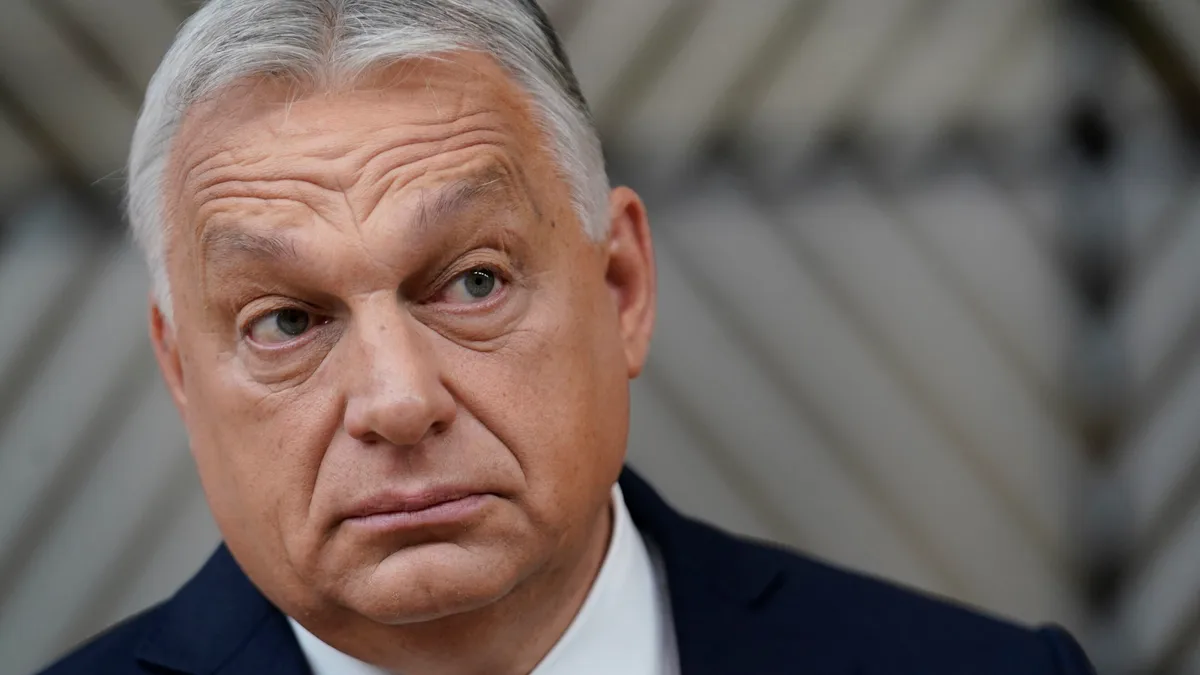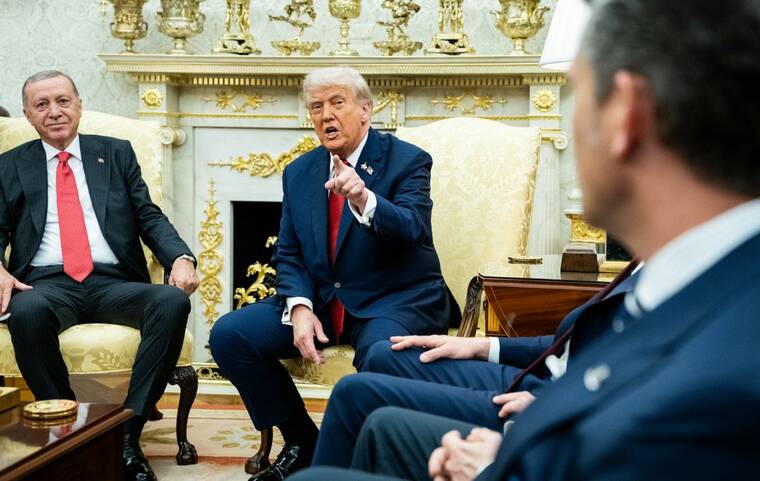Copyright politico

“Taking Putin’s money and leaving the risks with us. That’s not going to happen, let me be very clear about that,” said Prime Minister Bart De Wever in New York on the margins of the U.N. General Assembly. “If countries see that central bank money can disappear if European politicians see fit, they might decide to withdraw their reserves from the eurozone.” Still De Wever conceded he was willing to discuss the matter, and Belgium is broadly supportive of measures against Putin, unlike Hungary and Slovakia. The key offer of reassurance to the Belgians is likely to come in the form of other EU countries stepping in to replace the Euroclear assets sent to Kyiv with jointly underwritten IOUs. EU leaders are meeting next week in Copenhagen, where discussions around the loan are planned. No formal decisions will be made — that is set for the summit at the end of October, after finance ministers have had a chance to dig into the proposal in Luxembourg on Oct. 10. “The goal [in Copenhagen] is to gather sufficient support from other countries to isolate Orbán,” an EU diplomat said on the condition of anonymity to speak freely. “We’re in the gray area.” Germany, Spain, Poland, and the Baltic countries bordering Ukraine are key supporters of the Commission’s plan. But France and Italy have been previously cautious about any innovative ideas to use the immobilized state assets.



